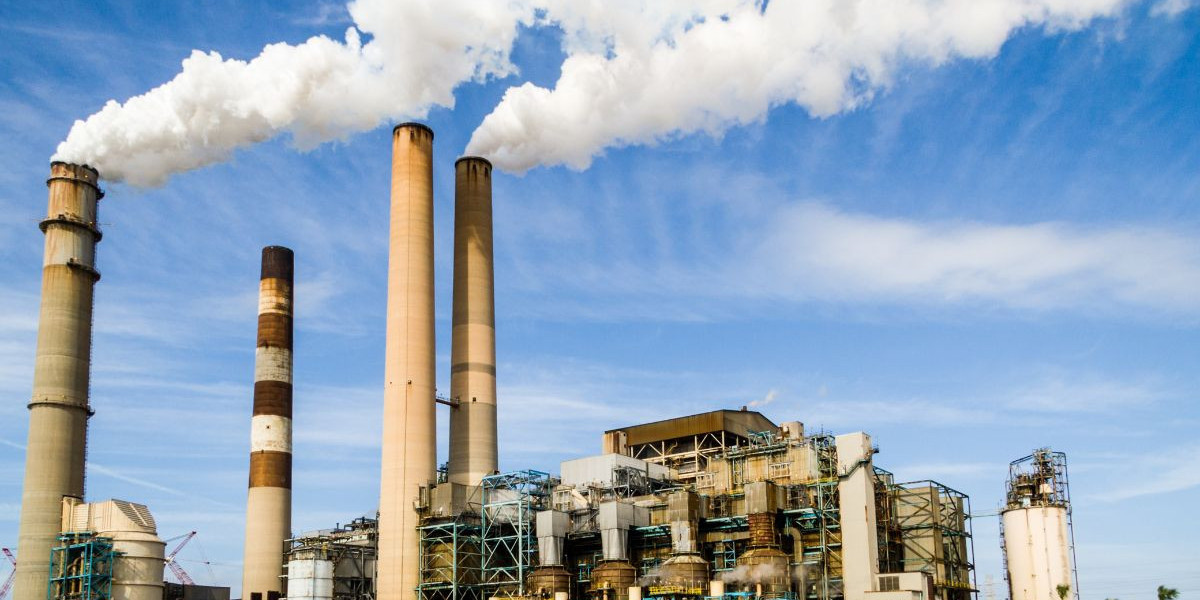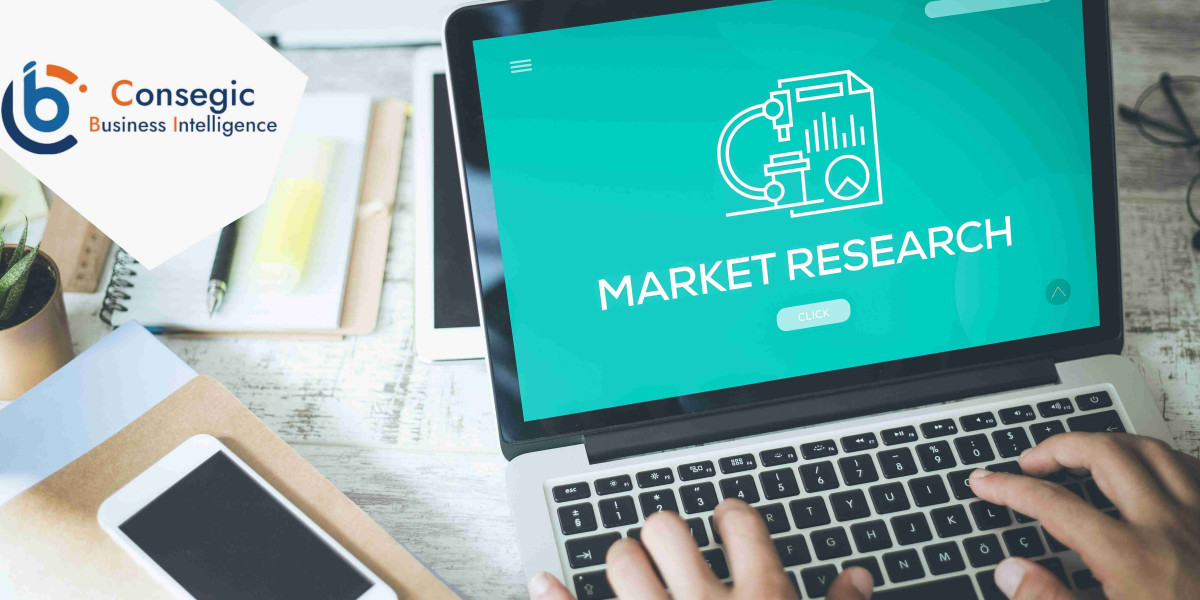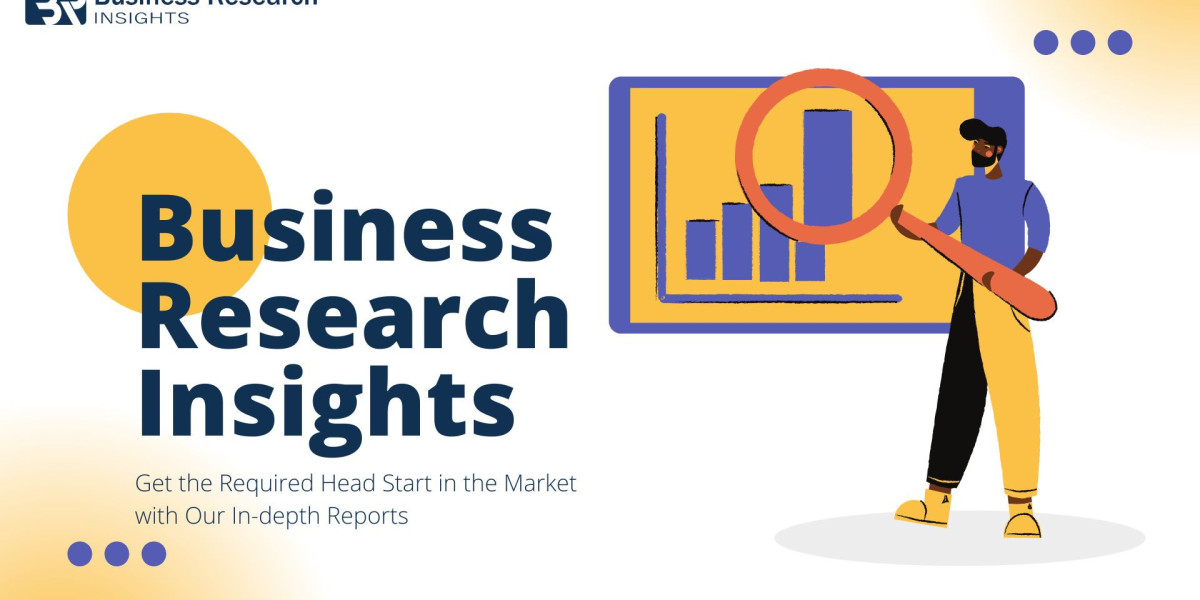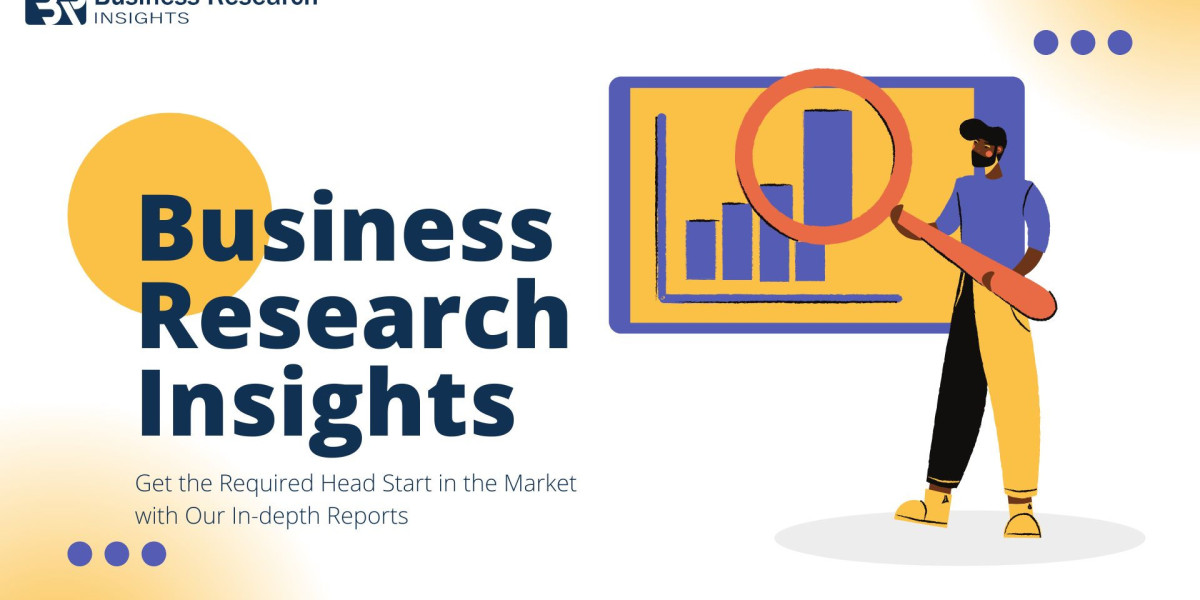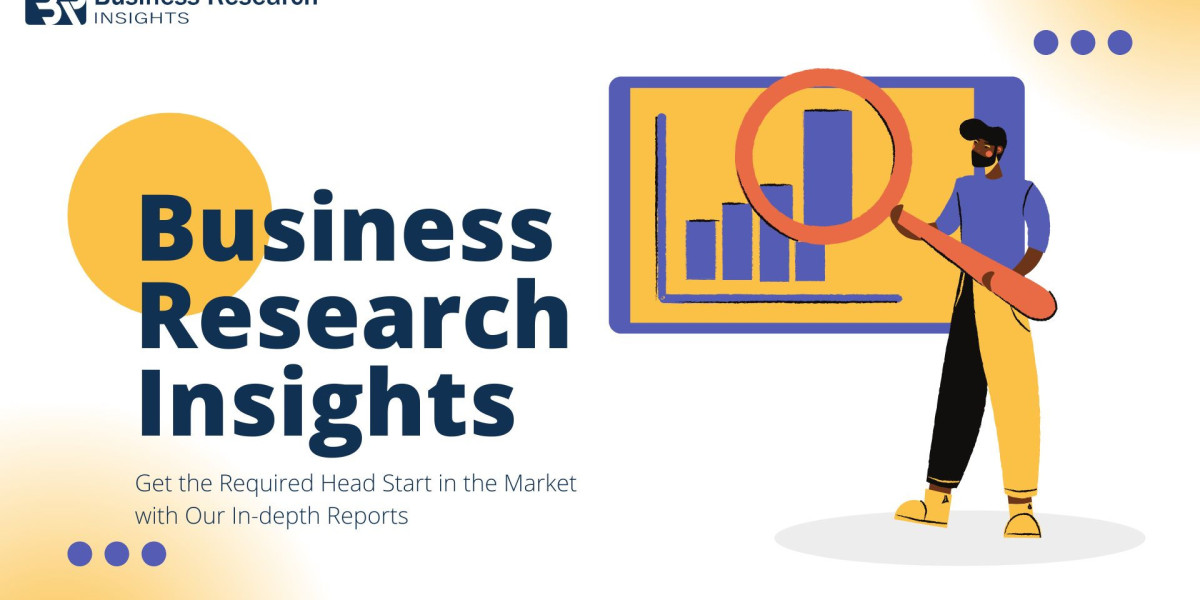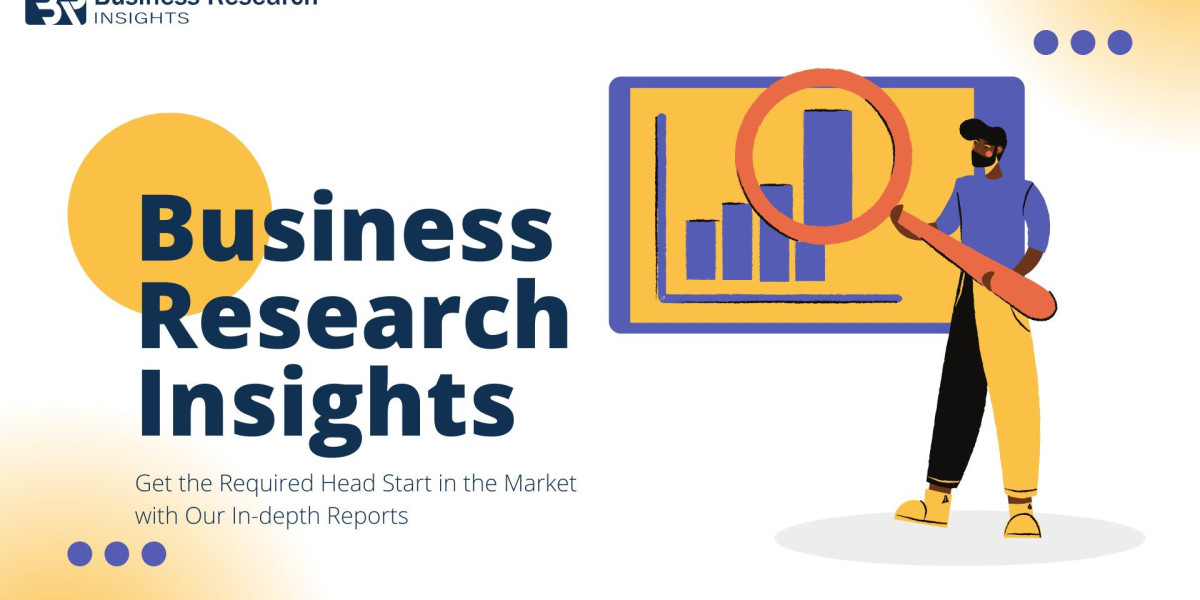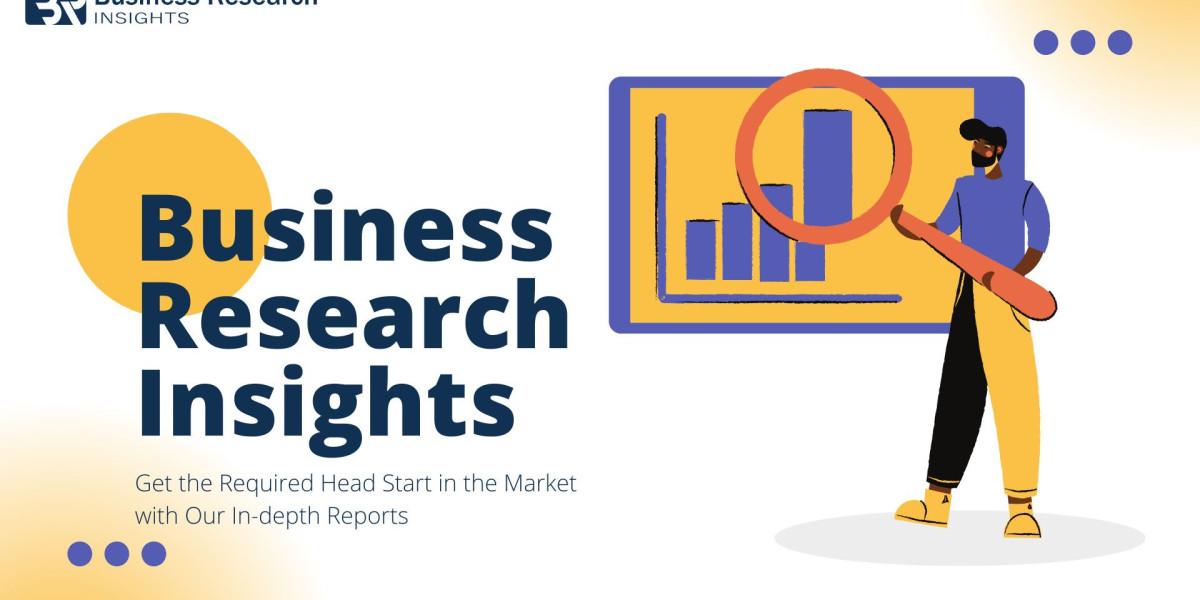Have you ever wondered how your industrial operations could align with Malaysia's green initiatives? Environmental consulting for reducing industrial pollution in Malaysia isn't just a regulatory requirement; it's a strategic move towards sustainability. In navigating the complex landscape of environmental compliance, understanding the right practices and technologies can transform your business. This guide is tailored to help you decipher the maze of options available, ensuring that your efforts in reducing emissions and waste not only contribute to a cleaner Malaysia but also position your business as a leader in sustainable industry practices.
Understanding Industrial Pollution in Malaysia
Main Sources
Industrial activities have significantly impacted Malaysia's environment. Air pollution stems from factories releasing harmful gases. Water pollution is caused by industrial waste and chemicals entering rivers and seas. Land pollution results from improper disposal of industrial waste.
These sources degrade the environment, affecting air, water, and soil quality.
Biodiversity Impact
Malaysia's rich biodiversity faces threats from ongoing industrial pollution. Habitats are destroyed, leading to loss of plant and animal species. This imbalance disrupts ecosystems.
Your actions can help protect these invaluable natural resources.
Water Quality
Water bodies near industrial areas suffer. Chemicals and waste products pollute these waters, making them unsafe for drinking, fishing, and agriculture.
You must be aware of the consequences of such pollution on your health and livelihood.
Public Health
Exposure to polluted air and water has led to health issues among Malaysians. Respiratory problems, skin diseases, and other health concerns are rising.
It's crucial for you to understand how industrial pollution affects public health directly.
Recent Trends
Recent studies show a mixed trend in Malaysia's fight against industrial pollution. Efforts to reduce emissions have seen some success. However, challenges remain in managing waste and preventing water contamination.
You play a role in supporting initiatives aimed at reducing pollution levels.
The Role of Environmental Consulting
EIA Compliance
Environmental Impact Assessments (EIAs) are crucial for your projects. They help you understand how your operations impact the environment. Best environmental consultants play a key role here. They guide you through the EIA process, ensuring compliance with Malaysia's environmental regulations. This not only safeguards the environment but also secures your project’s legitimacy.
Specialized Services
Consultants offer specialized services like Integrated Effluent Treatment Systems (IETS), Scheduled Waste Management (SWM), and Air Pollution Control Systems (APCS). These services are vital for reducing industrial pollution.
IETS ensures that wastewater is treated properly before discharge. SWM deals with the safe disposal and management of hazardous waste. APCS focuses on reducing air emissions from industrial activities. By implementing these services, consultants significantly mitigate pollution risks.
Training and Development
Consultants don't just stop at assessments and implementations. They also train your professionals on sustainable practices and pollution control measures. This training is essential for maintaining long-term compliance and promoting an environmentally responsible culture within industries.
Key Strategies for Pollution Reduction
IETS Implementation
Implementing Industrial Effluent Treatment Systems (IETS) is crucial. These systems treat wastewater before it reaches natural water bodies. By doing so, you significantly reduce water pollution. The process involves several stages, including sedimentation, filtration, and biological treatment. The benefits are twofold: protecting aquatic life and ensuring water safety for human use.
SWM Practices
Scheduled Waste Management (SWM) plays a pivotal role. It prevents hazardous waste from harming the environment. Your commitment to properly disposing of or recycling such waste safeguards soil and groundwater quality. This approach not only mitigates environmental risks but also complies with regulatory requirements.
APCS Adoption
Adopting Air Pollution Control Systems (APCS) is another key strategy. These systems minimize the release of harmful gases into the atmosphere. Techniques like scrubbers, filters, and electrostatic precipitators are effective in capturing pollutants. By reducing air pollution, you contribute to cleaner air and a healthier community.
Moving Forward with Sustainable Practices
Advanced Technologies
Your commitment to sustainable development in manufacturing can leap forward by adopting cutting-edge technologies. The LAQUA series, for instance, offers precise water quality monitoring. It ensures that your water supply remains uncontaminated. Similarly, Electromagnetic Flow Meters play a crucial role. They accurately measure the flow and volume of water used or discharged. This technology aids in identifying areas where water usage can be optimized.
Investing in these technologies not only aids compliance but also positions your organization as a leader in environmental stewardship.
Staff Training
Another pillar of sustainable practices is ongoing environmental education and training for your team. Knowledge empowers your employees to identify potential pollutants before they affect the environment. Moreover, it fosters a culture within the workplace that prioritizes sustainability over convenience. Training sessions could cover topics from waste disposal methods to efficient fuel use, ensuring every member understands their role in reducing pollution.
Collaborative Efforts
The fight against industrial pollution requires teamwork. Collaboration between government departments, industries, and environmental consultants is essential. Together, you can develop stricter pollution control policies and ensure compliance across all sectors. This partnership not only enhances the effectiveness of environmental regulations but also opens up opportunities for innovation in pollution management.
Closing Thoughts
Tackling industrial pollution in Malaysia isn't just a necessity; it's a responsibility that we all share. Through understanding the gravity of pollution, the pivotal role of environmental consulting, and the strategies that have led to success stories, you've seen the blueprint for change. It's clear that with the right approaches and sustainable practices, significant progress is possible. Your role in this journey is crucial. Whether you're part of an industry, a policymaker, or an individual passionate about making a difference, the time to act is now. Embrace these insights and strategies to contribute to a cleaner, healthier environment.
The path forward requires commitment and collective action. Let's not wait for tomorrow to start making changes. Engage with environmental consultants, adopt proven pollution reduction strategies, and inspire others to join this vital movement.
